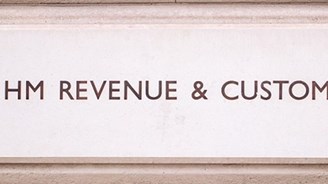Talking to your clients - The Statutory Residence Test - By Mark Morton

Earlier this year, a major change was implemented to try and help make it more certain when a client may be classed as resident or non-resident. The Statutory Residence Test (SRT) is designed to provide a simple process and clear outcome for the vast majority of people whose circumstances are straightforward. Indeed, for the majority of individuals the SRT will have no impact whatsoever on their residence status. They will remain either clearly resident in the UK or clearly not resident in the UK. The benefit for them of an SRT will be that, if they want to do so, they will be able to confirm that status quickly and easily. The rules effectively create three possibilities.
The basic rule is that an individual is resident in the UK for a tax year if:
• the 'automatic residence test' (ART) is met for that year; or
• the 'sufficient ties test' (STT) is met for that year.
If neither of those tests is met the individual will be not resident. However, the first requirement will be to consider whether the person meets the 'automatic overseas test' (AOT) because it is a primary condition of the ART that the individual does not satisfy the AOT. The STT will only need to be considered if neither of the other two tests is satisfied. Special rules apply to international transport workers.
Each of the three tests has its own detailed rules and definitions but a critical issue for those clients who are affected is that the new tests impose very significant record keeping requirements on the individual. These may cover not just counting days in the UK but recording hours worked in the UK and overseas, where time is spent outside the UK and in some situations the amount of time spent in the UK with minor children.
It needs to be emphasised to clients that this record keeping is not an optional extra. A claim to non-residence is a claim that will be made on a tax return and therefore requires sufficient records to support it. An absence of records will allow HMRC to simply reject the claim on the basis that no evidence exists to support it.



